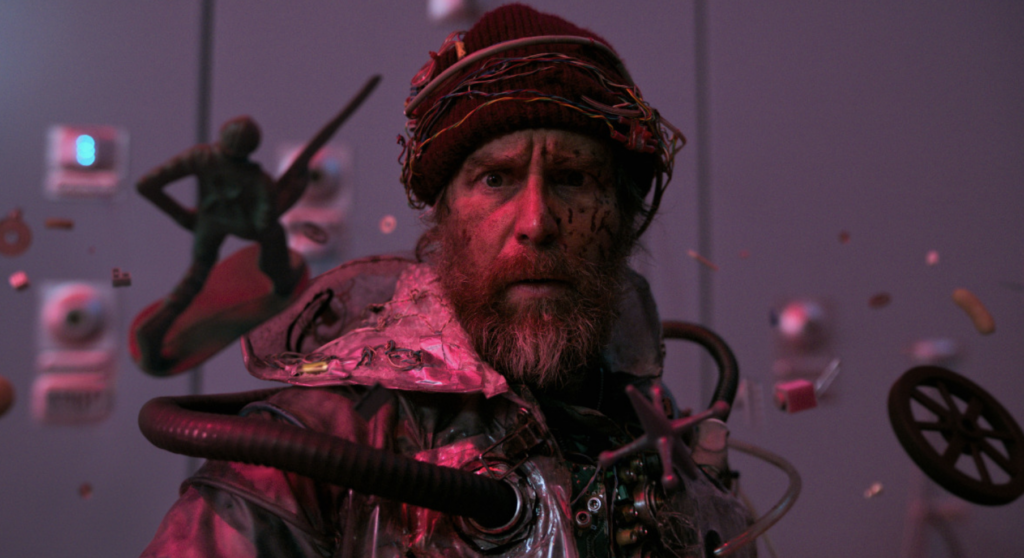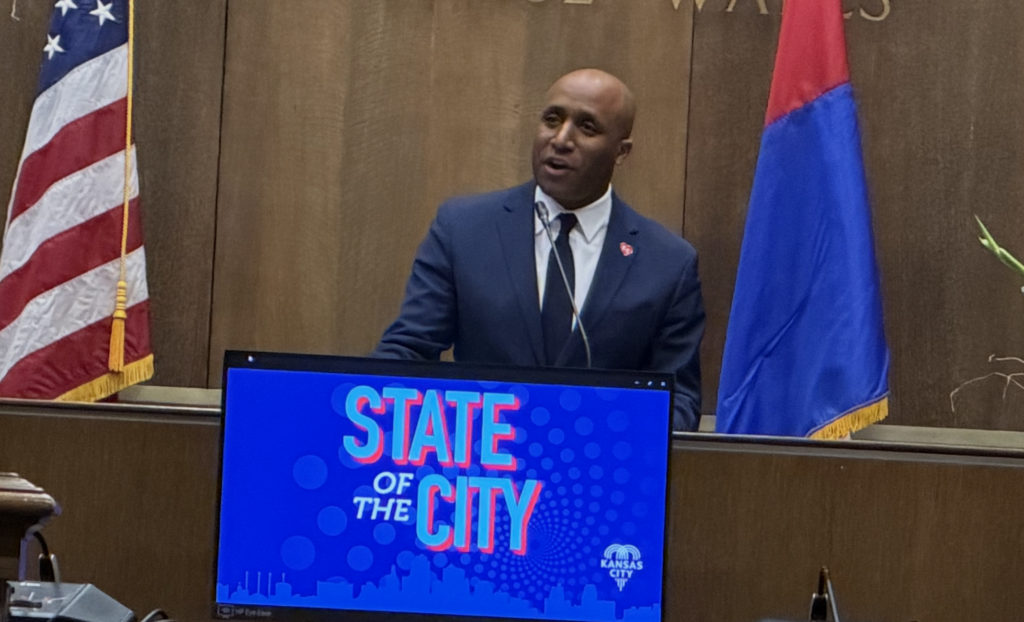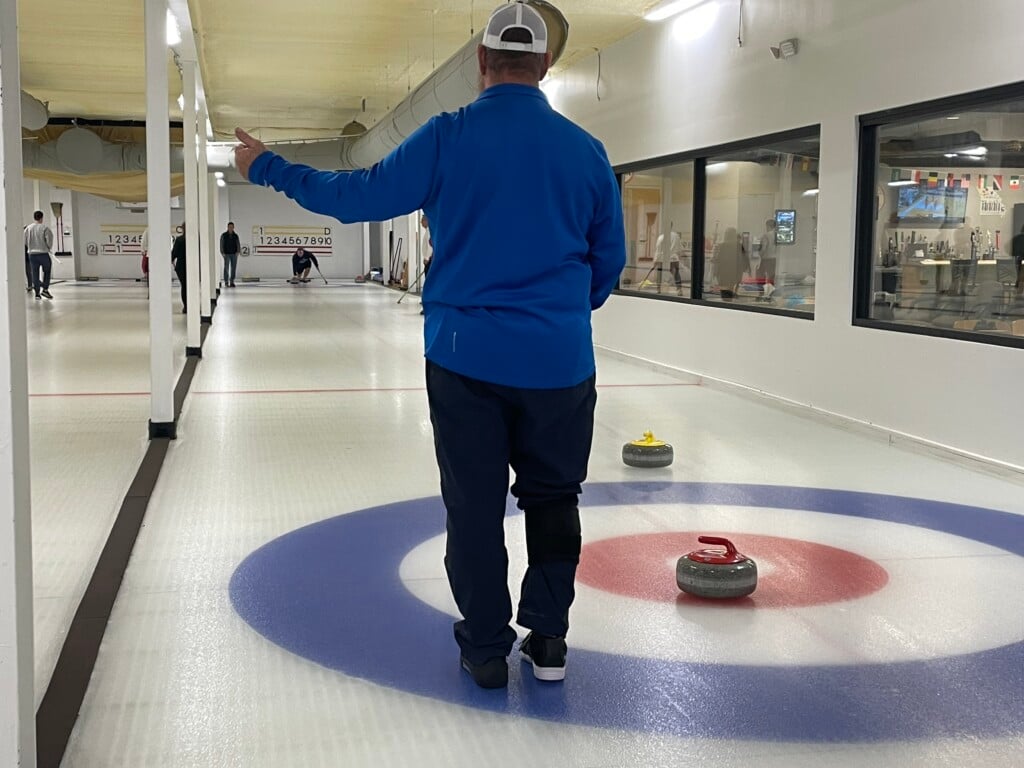Pardon Me

Some Kansas Citians say the long, controversial list of Americans pardoned by President Clinton was short one name: Pete O’Neal. The former revolutionary, now in his sixties, has been a fugitive in Africa for half his life — since a 1970 conviction on gun charges. Among the disappointed is O’Neal’s cousin, former Mayor Emanuel Cleaver II, who, since 1998, lobbied the U.S. Justice Department on O’Neal’s behalf.
But he didn’t take the case to the White House counsel’s office until the last minute. “Frankly, I think there was a chance to get Pete pardoned,” Cleaver says. “But I did not make the appeal early enough.”
Yet a chance remains that O’Neal could eventually set foot in America as a free man. On March 1, his lawyer, Paul J. Magnarella of Florida, filed a petition at the U.S. District Court in Kansas City, Kansas, calling for O’Neal’s conviction to be overturned and for a new trial. In it, Magnarella cites new evidence he uncovered in a used-book store that contradicts a federal agent’s testimony in O’Neal’s trial. “Any reasonable judge who considers the petition on its merits will come to the conclusion that Pete O’Neal did not receive a fair trial, that his constitutional rights were violated and his conviction should be vacated,” Magnarella says.
O’Neal became leader of the Black Panther Party’s Kansas City chapter in early 1969. The group took a strong stance against law enforcement agencies. “It was standard procedure for Panthers across the country to observe the police when they were making an arrest and to inform the suspect of their rights under the law,” O’Neal tells the Pitch via e-mail from Tanzania. “Needless to say, this infuriated many policemen.”
In 1968, FBI Director J. Edgar Hoover declared in The New York Times that he considered the Panthers “the greatest threat to the internal security of the country.” At the time, his agency was involved in a covert mission known as Cointelpro, which sought to neutralize the Panthers and other black nationalist organizations, according to federal documents that have been uncovered during various civil trials and congressional inquiries held over the past two decades.
Locally, O’Neal took heat from Kansas City’s finest. “It would be a rare day indeed when I was not stopped by the police,” O’Neal says. Court affidavits support his claim: “If Pete had been caught alone by a white police officer, I believe he would have been in danger,” said Thomas Saunders, a former detective who served in the Kansas City police department’s intelligence unit at the time of O’Neal’s arrest. “At times officers would attempt to bait Pete and taunt him. For example, there would be unwarranted car checks. It was common knowledge that the climate on the force was hostile toward Pete and the Black Panther Party.”
Regardless, O’Neal kept pressure on the cops. According to the petition filed by Magnarella, O’Neal disrupted an October 12, 1969, U.S. Senate hearing concerning then KC Police Chief Clarence Kelley. Eighteen days later, O’Neal was arrested by agents from the Bureau of Alcohol, Tobacco and Firearms for allegedly carrying a shotgun from KCK to Kansas City, Missouri. At the time, it was a federal crime for someone with a felony record (O’Neal had a couple of juvenile convictions) to transport a gun across state lines.
But there was something funny about O’Neal’s gun. When he was arrested, he didn’t actually have it. According to the petition, police had confiscated it nine months earlier from a fellow Black Panther named Archie Weaver. It was subsequently sold by a police dispatcher and had to be tracked down to make a case against O’Neal.
The only evidence connecting O’Neal to the gun during his criminal trial was the testimony of his landlord. She claimed that in January 1969 O’Neal came to her apartment in Kansas City and showed her husband the rifle. She told jurors O’Neal claimed to have bought it at Sam’s Loan Shop in KCK. (Her husband never testified.)
The jury convicted O’Neal, and he was sentenced to four years in a federal prison. While out on appeal in 1970, he fled to Africa, where he’s been ever since. While there, he has operated a safari business and welcomed American youths into his “Heal the Community” program, where they learn the lessons of family life as practiced in his African village.
In 1997, O’Neal met Magnarella, an international human-rights attorney who was in Tanzania (where O’Neal now lives) conducting research on the UN Criminal Tribunal for Rwanda. “I researched Pete’s case and discovered that he had not received the fair trial that all Americans are entitled to regardless of race, class, religion or ethnicity,” Magnarella says. In 1998, he filed a petition to set aside O’Neal’s original conviction, but it was rejected by U.S. District Court Judge Earl E. O’Connor.
Then, about three years later, Magnarella hit pay dirt in a used-book store.
Published in obscurity in 1997, Very Special Agents: The Inside Story of America’s Most Controversial Law Enforcement Agency contains author James Moore’s recollections of a career in the Bureau of Alcohol, Tobacco and Firearms. He’d investigated the O’Neal case for the agency. Moore wrote that FBI agents told him the landlord “reports regularly to the FBI on the activities of Pete O’Neal and the Black Panther Party, who rent an apartment in her managed complex.”
After the FBI warned Moore that the landlord’s cooperation in the gun case would blow her cover, he retorted, “What’s the goddamned point in paying informers and building files if you won’t use the information to put the jerk away?”
Yet during the trial, O’Neal’s attorney, Austin Shute of Kansas City, had asked the landlord whether she had ever received money from a law enforcement agency in exchange for information. “I have,” she said, “but I don’t remember on what. But it was not Pete O’Neal.”
Magnarella’s petition cites various court decisions — including one exonerating former Black Panther leader Geronimo Pratt — in which false testimony offered by a government witness was used to invalidate convictions. “It was basically a fraud on the court,” Magnarella says of trial testimony, “not just the defendant but the entire court.”
For O’Neal, “hope does spring eternal,” he says. “It would be nice if I could muster up the courage to board an aircraft — I haven’t been on one since 1972 — and visit the States to see my children and other family members that I have not seen for these many years…. The bottom line is, I continue to be in a state of revolt against the inequities that exist in the United States of America. And oddly enough, I feel that makes me an American patriot of the highest order.”




